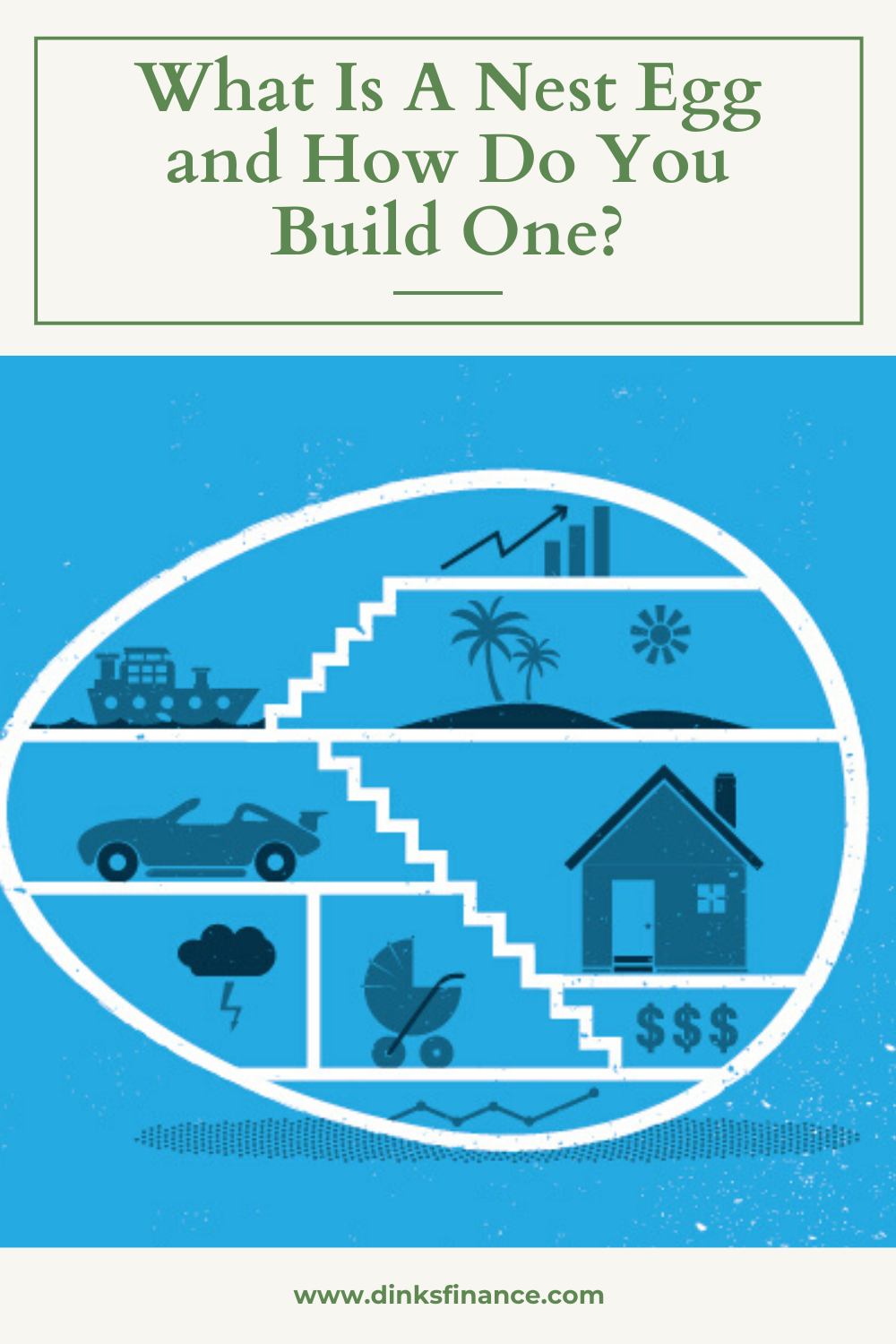
Its past new years and before tax season. That means a lot of people are thinking about how to allocate their money for retirement. You may also be considering how to build up your own nest egg. But, what is a nest egg and how do you build one? Here is a handy definition and some rules of thumb.
From Barrons’, a nest egg is assets put aside for a person’s retirement. Such assets are usually invested conservatively to provide the retiree with a secure standard of living for his or her life.
Investments in retirement accounts are generally considered part of someone’s nest egg.
Here are some basic rules of thumb for building your own nest egg.
- Keep your credit cards paid off as much as possible. Credit cards charge between 20% – 30%, so if you carry a balance you’ll be paying Chase or Bank of America way more than your savings or investments will give you.
- Save in your tax deferred retirement accounts as much as possible as early as you can. Income taxes will take between 10% and 37% depending on how much you earn. So you want your money to grow free from taxation.
- Save for retirement, even if you think it is too late. Just do it, you’ll want to save as much as you can.
- If your employer offers a match for their retirement account, take it. It is free money.
- If your employer offers stock, take it, but don’t over-invest your retirement into it. Concentrated stock positions in companies you don’t run are risky. Remember Enron.
- When you change jobs, roll your retirement funds directly into a tax-deferred account, don’t cash it out. You might be setting yourself up for tax liability.
- Don’t take a hardship withdrawal or loan against your retirement unless you really, really have to. You’ll lose the opportunity for your money to compound.
- Increase your savings rate every time you get a raise.
- A couple of good benchmarks are: 1) save at least 10% of your annual income for retirement and 2) aim to build a nest egg thats at least 10 times your annual pay rate when you retire.
For more personal finance basics, consider reading these:
What is Actually Worth Investing Money In, Part 1
What is Actually Worth Investing Money In, Part 2
Barrons Dictionary of Finance and Investment Terms, 3rd Edition. 1991.
Hat tip: Managing Your Money For Dummies, All-In-One Edition, 2009, Wiley.
Image source: OTA Photos, via Flickr.


No Comments yet!